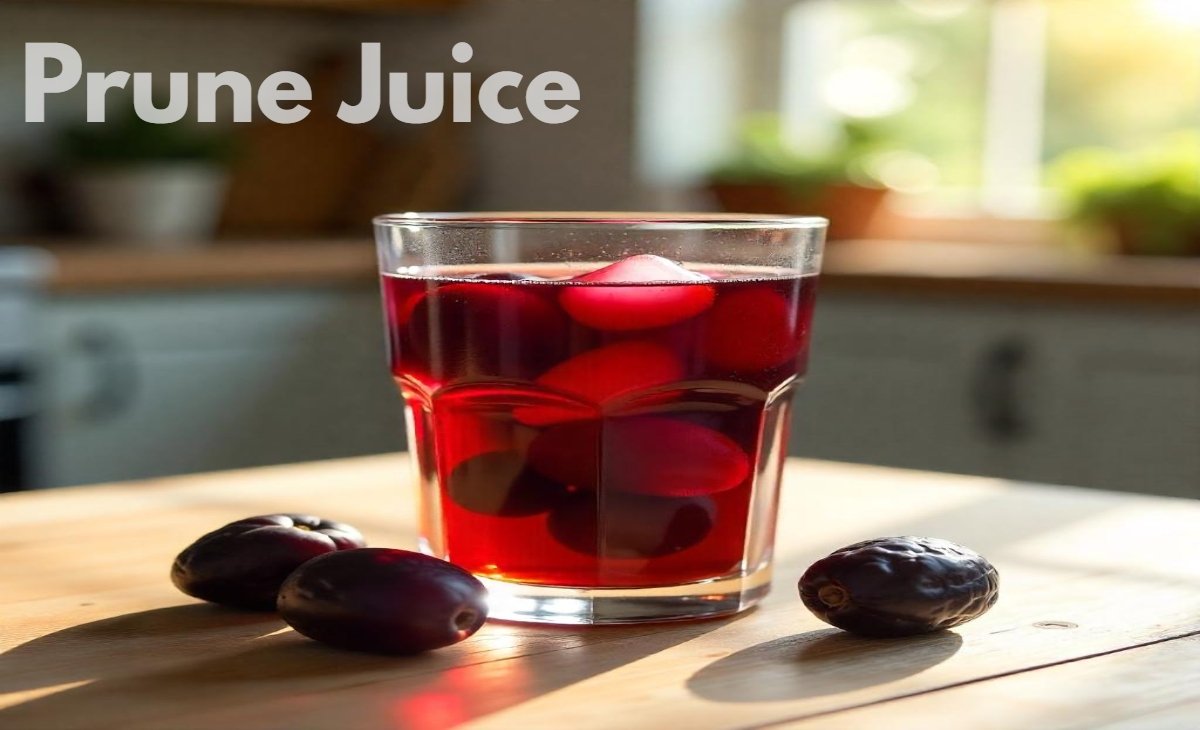The Ancient Origins of The Prune Juice
For centuries, civilizations have valued the medicinal properties of dried plums and their liquid extract. Historical records show Babylonian gardens cultivated plum trees as early as 2000 BCE, with ancient Egyptians including dried plums in their burial provisions. The modern version we know as prune juice emerged as a byproduct of plum cultivation in California during the 19th century. French horticulturist Louis Pellier first brought plum tree cuttings to America during the Gold Rush era, unknowingly planting the seeds for what would become a thriving industry.
The dehydration process that transforms plums into prunes concentrates their natural sugars and nutrients, creating the perfect base for this distinctive beverage. Early 20th century medical journals frequently recommended the liquid as a gentle digestive aid, particularly for children and the elderly. Today’s scientific research continues to validate many traditional uses while uncovering new potential health applications.
Nutritional Profile: More Than Just Fiber
This rich, dark beverage packs an impressive array of vitamins, minerals, and plant compounds in every serving. A single cup provides about 185 calories, primarily from natural fruit sugars, along with 2.6 grams of dietary fiber. The potassium content stands out at 707 mg per serving – nearly 15% of the daily value – making it a heart-healthy choice. Significant amounts of vitamin K (about 31% DV) support bone metabolism and blood clotting functions. It is one of best foods.
What truly sets prune juice apart are its unique phytonutrients. It contains high levels of phenolic compounds like neochlorogenic and chlorogenic acids, which demonstrate antioxidant activity in clinical studies. These compounds may help reduce inflammation and protect cells from oxidative damage. The beverage also provides sorbitol, a natural sugar alcohol with osmotic properties that contribute to its digestive effects. Unlike many fruit juices, it retains measurable amounts of iron, magnesium, and B vitamins from the whole fruit.
Digestive Health Benefits Backed by Science
The most well-documented effect of prune juice relates to gastrointestinal function. Multiple studies confirm its efficacy as a gentle, natural laxative. Research published in the Alimentary Pharmacology & Therapeutics journal found that consuming just 125ml daily improved stool frequency and consistency in constipated subjects. The combination of soluble fiber, sorbitol, and diphenylisatin compounds work synergistically to promote bowel regularity.
For individuals with irritable bowel syndrome or occasional constipation, this beverage often proves more effective than some over-the-counter remedies without causing harsh cramping. The soluble fiber acts as a prebiotic, feeding beneficial gut bacteria while the sorbitol draws water into the intestines to soften stool. Gastroenterologists frequently recommend it as a first-line approach before resorting to stronger medications, particularly for elderly patients or those recovering from surgery.
Unexpected Benefits Beyond Digestion
Emerging research reveals this ancient remedy may offer advantages reaching far beyond intestinal health. A study in the British Journal of Nutrition demonstrated that postmenopausal women who consumed 100g daily (about 100ml of juice) showed improved bone mineral density markers. The high vitamin K content works synergistically with boron and polyphenols to support bone remodeling processes.
Cardiovascular research indicates the potassium and antioxidant compounds in prune juice may help regulate blood pressure. The soluble fiber content contributes to healthy cholesterol levels by binding bile acids in the digestive tract. Some preliminary studies suggest the phenolic compounds might have anti-diabetic effects by improving insulin sensitivity, though more human trials are needed.
Athletes and fitness enthusiasts have begun incorporating the beverage into recovery routines. The natural sugars provide quick energy replenishment while the potassium helps prevent muscle cramps. The anti-inflammatory properties may aid in post-workout recovery, though research in this specific application remains limited.
How to Incorporate It Into Your Diet
Introducing prune juice gradually helps prevent digestive discomfort while allowing your system to adjust. Start with 50-100ml in the morning, ideally warmed to body temperature for easier digestion. Many find combining it with warm water or herbal tea makes it more palatable. For constipation relief, consumption on an empty stomach tends to yield the best results.
Creative culinary uses extend far beyond drinking it straight. Try substituting it for other sweet liquids in baking – it adds moisture and natural sweetness to bran muffins or oatmeal bars. Blend it into smoothies with banana and Greek yogurt for a gut-friendly breakfast. Savory applications include using it as a braising liquid for meats or reducing it into a glaze for roasted vegetables.
Quality matters when selecting a product. Look for organic options without added sugars or preservatives. Cold-pressed varieties retain more nutrients than those made from concentrate. Some brands fortify their products with additional vitamin C or probiotics for enhanced benefits. Refrigerate after opening and consume within 7-10 days for optimal freshness.
Potential Side Effects of Prune Juice
While generally safe for most adults, prune juice does carry some precautions. The high sorbitol content may cause bloating or gas if consumed in excess, particularly for those with sensitive digestive systems. Individuals monitoring blood sugar should account for the natural carbohydrate content, though its glycemic impact is moderated by the fiber content.
Those taking blood-thinning medications like warfarin should maintain consistent vitamin K intake, as fluctuations could affect medication efficacy. Rare cases of diarrhea or abdominal cramping have been reported with overconsumption. Pediatricians often recommend diluted versions for children, starting with small amounts (30-60ml) to assess tolerance.
Pregnant women frequently use it to alleviate pregnancy-related constipation, but should consult their obstetrician about appropriate amounts. For most healthy adults, 120-240ml daily provides benefits without adverse effects. Those with chronic digestive conditions like Crohn’s disease or ulcerative colitis should seek medical advice before making it a dietary staple.
Storage Tips of Prune Juice
Crafting homemade prune juice allows complete control over ingredients and concentration. Start with 200g of pitted prunes soaked overnight in 1 liter of filtered water. Simmer the mixture for 20-30 minutes until the fruit becomes very soft. Strain through cheesecloth or a fine mesh sieve, pressing to extract maximum liquid. The remaining pulp can be used in baking or added to oatmeal.
For a smoother texture, blend soaked prunes with water before straining. Adjust consistency by adding more or less water based on preference. A dash of lemon juice enhances flavor while helping preserve the beverage. Cinnamon or ginger can be added during simmering for additional digestive benefits and flavor complexity.
Store homemade versions in glass jars in the refrigerator for up to one week. For longer preservation, freeze in ice cube trays and transfer cubes to airtight bags for up to three months. Thaw cubes as needed – they can be dropped directly into warm water or tea. The concentrated flavor of homemade preparations often means you need less quantity than commercial products to achieve desired effects.
The Future of Prune Juice Research
Nutrition scientists continue uncovering new potential applications for this ancient remedy. Current clinical trials are investigating its role in gut microbiome modulation, with particular interest in bifidobacteria growth promotion. Other studies examine whether regular consumption might reduce inflammatory markers associated with chronic diseases.
Exciting research at several universities explores the potential neuroprotective effects of prune polyphenols. Early cell studies suggest these compounds may help protect against oxidative stress in brain tissue, though human clinical data remains limited. Agricultural researchers are developing new plum varieties with enhanced phytochemical profiles specifically for juice production.
As consumer interest in functional foods grows, product innovation continues. Some companies now offer fermented versions with added probiotics, while others produce concentrated shots combining prune juice with other digestive aids like ginger or aloe vera. The timeless appeal of this simple remedy endures even as modern science reveals new dimensions of its potential health benefits.




